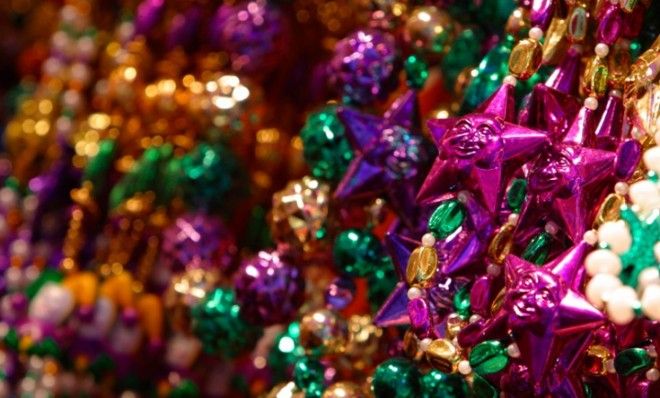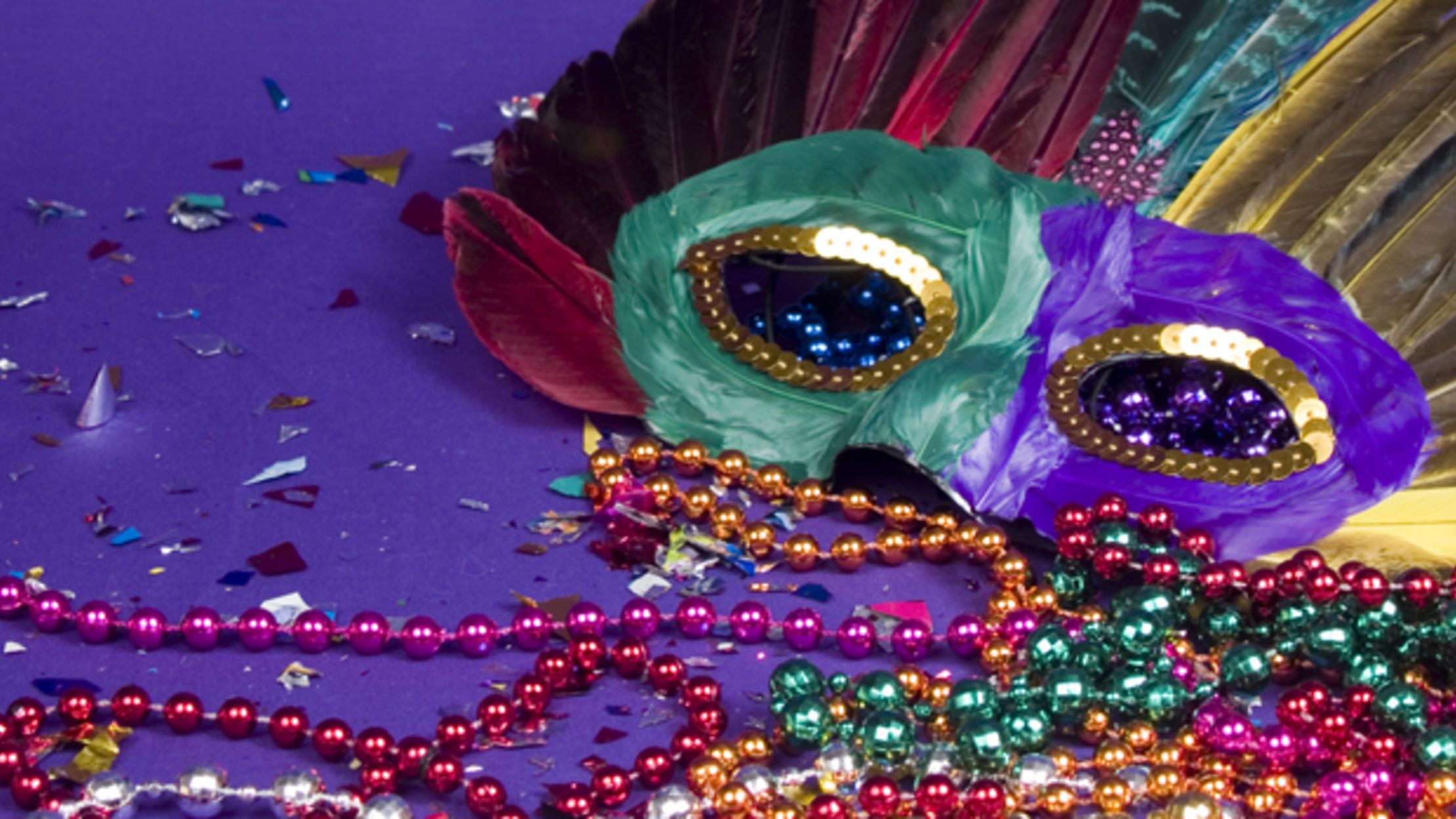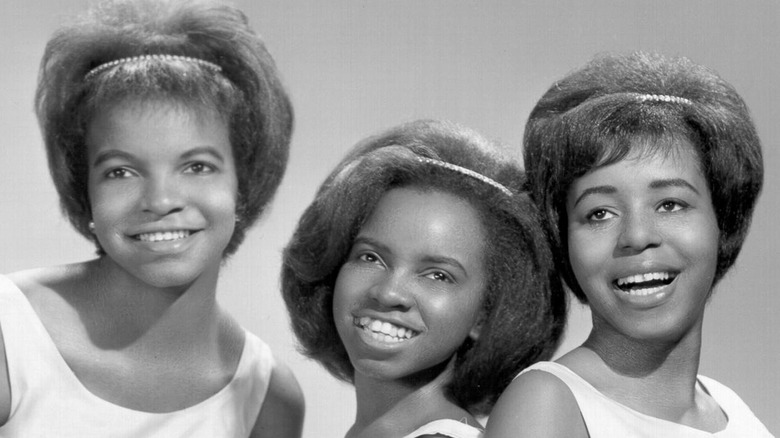Gallery
Photos from events, contest for the best costume, videos from master classes.
 |  |
 |  |
 |  |
 |  |
 |  |
 |  |
"Iko Iko" (/ ˈ aɪ k oʊ ˈ aɪ k oʊ /) is a much-covered New Orleans song that tells of a parade collision between two tribes of Mardi Gras Indians and the traditional confrontation. The song, under the original title "Jock-A-Mo", was written and released in 1953 as a single by James "Sugar Boy" Crawford and his Cane Cutters but it failed to While watching Mardi Gras indians parade and dance in the early 1950s, he hurriedly wrote down a phonetic interpretation of the indian’s chants, put the chants to music, and in 1953, created one of the most popular, longest lasting Mardi Gras, or “Carnival,” as it’s often called, songs in existence. Go to the Mardi Gras—Professor Longhair “Go to the Mardi Gras,” first recorded in 1949, by Roy “Baldhead” Byrd, also known as Professor Longhair. The definitive version was recorded in 1959 for the Ron label. Some say it’s the most popular Carnival record ever made. Fats Domino recorded it in 1956. We love the whistling. Sample lyric: If you've only heard one Mardi Gras song, it's probably "Iko Iko," the hit recorded by the Dixie Cups in 1965.An earlier version (titled "Jock-a-mo") by James "Sugar Boy" Crawford came out in 1953 Songs get stirred up in the spicy gumbo of different cultures and become the celebratory music that begs us to dance and sing along. One of the most well-known songs of Mardi Gras is “Iko-Iko,” made popular after an impromptu jam session was caught on tape by songwriting greats Jerry Leiber and Mike Stoller. If you've only heard one Mardi Gras song, it's probably "Iko Iko," the hit recorded by the Dixie Cups in 1965. An earlier version (titled "Jock-a-mo") by James "Sugar Boy" Crawford came out in by The Orchard EnterprisesIko Iko · Mardi GrasIko Iko℗ 1964 © Bescol Records™ a division of 43 North Broadway, L MentalFloss explains that The Dixie Cups recorded the Mardi Gras song "Iko Iko" in 1965, but an earlier version was called "Jock-a-mo" recorded by James "Sugar Boy" Crawford. "Iko" meaning "I go" and "jock-a-mo" meaning "jokester" are among the theories as to what the words mean. Unlike the mysterious chorus of “Iko Iko,” the verses are in English and contain playful jabs sung back and forth between the battling krewes. Perhaps the reason it’s common for these battling groups to come together and sing the chorus in unison is that no one knows what it means! When Iko Iko starts in a Mardi Gras parade, everyone Iko Iko unday Jockamo feeno ai nane Jockamo fee nane [Verse 1] My grandma and your grandma Sittin' by the fire My grandma and your grandma I'm gonna set your flag on fire Look at my king all Iko, Iko is a Mardi Gras song in which Indian tribes, dressed in extraordinary costumes, chant this song during a mock battle between the tribes. The lyrics “Iko Iko”—traditional New Orleans Mardi Gras Indian call and response song Recorded as “Jockamo” or “Jock-A-Mo” by James “Sugar Boy” Crawford and the Cane Cutters (from New Orleans) on Chess Records in1953. Crawford once explained, “‘Jock-A-Mo’ came from two songs that I used to hear the Mardi Gras Indians sing. 🎶🌍 Order our latest album Songs For Humanity now! 🎧 We're happy to share our Song Around "Iko Iko" is a much-covered New Orleans song that tells of a parade collision between two tribes of Mardi Gras Indians and the traditional confrontation. The song, under the original title "Jock-A-Mo", was written and released in 1953 as a single by Sugar Boy and his Cane Cutters but it failed to make the charts. "Iko Iko" by Cyndi Lauper is a lively and infectious song that draws from traditional New Orleans folklore and is often associated with Mardi Gras celebrations. The lyrics tell a story of a confrontation and rivalry between two groups, represented by grandmothers, flag boys, and a mysterious character dressed in red and another in green. "Iko Iko" is a much-covered New Orleans song that tells of a parade collision between two tribes of Mardi Gras Indians and the traditional confrontation. The so Today, Iko Iko, or Jockamo, is played during virtually every parade that rolls during Mardi Gras season. While the history of the song being stolen, shared or sacrificed may sound tragic, the "Iko Iko" is a much-covered New Orleans song that tells of a parade collision between two tribes of Mardi Gras Indians and the traditional confrontation. The song, under the original title "Jock-A-Mo", was written and released in 1953 as a single by Sugar Boy and his Cane Cutters but it failed to make the charts. "Iko Iko" is a much-covered New Orleans song that tells of a parade collision between two tribes of Mardi Gras Indians and the traditional confrontation. The song, under the original title "Jock-A-Mo", was written and released in 1953 as a single by Sugar Boy and his Cane Cutters but it failed to make the charts. "Iko Iko" is a much-covered New Orleans song that tells of a parade collision between two tribes of Mardi Gras Indians and the traditional confrontation. The song, under the original title "Jock-A-Mo", was written and released in 1953 as a single by Sugar Boy and his Cane Cutters but it failed to make the charts.
Articles and news, personal stories, interviews with experts.
Photos from events, contest for the best costume, videos from master classes.
 |  |
 |  |
 |  |
 |  |
 |  |
 |  |